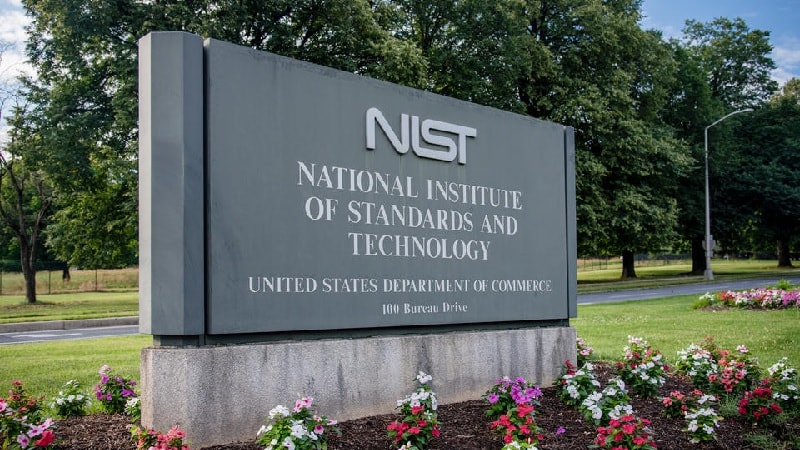
The National Institute of Standards and Technology (NIST) on Monday launched a collaborative project to adapt NIST’s digital identity guidelines to support public benefits programs, such as those designed to help beneficiaries pay for food, housing, medical, and other basic living expenses.
Through a two-year cooperative research and development agreement, NIST will work with the Digital Benefits Network at Georgetown University’s Beeck Center for Social Impact and Innovation and the nonprofit Center for Democracy and Technology to develop resources that help providers balance security, privacy, equity, and usability.
“To improve benefits delivery to the U.S. public, it is vital that agencies balance access and security,” said NIST Director Laurie Locascio. “Different populations have different needs, barriers, and circumstances that must be considered, and this collaboration will bring together a diverse set of communities to do just that.”
NIST said at the end of the two years, the collaboration will result in voluntary resources for public sector organizations that administer public benefits, including a profile of NIST’s Digital Identity Guidelines that will help practitioners and public sector leaders evaluate what degree of authentication and types of identity proofing practices are needed for delivery of their specific benefits.
NIST highlighted that some benefits-administering agencies began to integrate new safeguards such as individual digital accounts and identity verification, also known as identity proofing, into online applications in response to heightened fraud and related cybersecurity threats during the COVID-19 pandemic.
However, the use of certain approaches, like those reliant upon facial recognition or data brokers, has raised questions about privacy and data security, due process issues, and potential biases in systems that disproportionately impact marginalized groups. Simultaneously, adoption of more effective, evidence-based identity verification methods has lagged, NIST said.
“As we at the Beeck Center work to identify and establish human-centered solutions?that help government services work better for everyone, especially the most vulnerable and underserved populations, we are proud to partner with the National Institute of Standards and Technology and Center for Democracy and Technology on this project,” said Beeck Center Executive Director Lynn Overmann. “By empowering state agencies with stronger implementation resources, it has the potential to increase security and privacy in benefits applications and systems, while also making the process more equitable for applicants and beneficiaries.”
The collaboration will gather input from a variety of voices, including Federal partners, state benefit program administrators, state IT and cybersecurity leaders, digital identity experts, technologists, advocates, and those with direct experience navigating the U.S. public benefit landscape.
NIST and its partners will host public workshops and working sessions to encourage community dialogue, gather input, and foster a deeper understanding of the applicability of digital identity risk management in the public benefits ecosystem.
